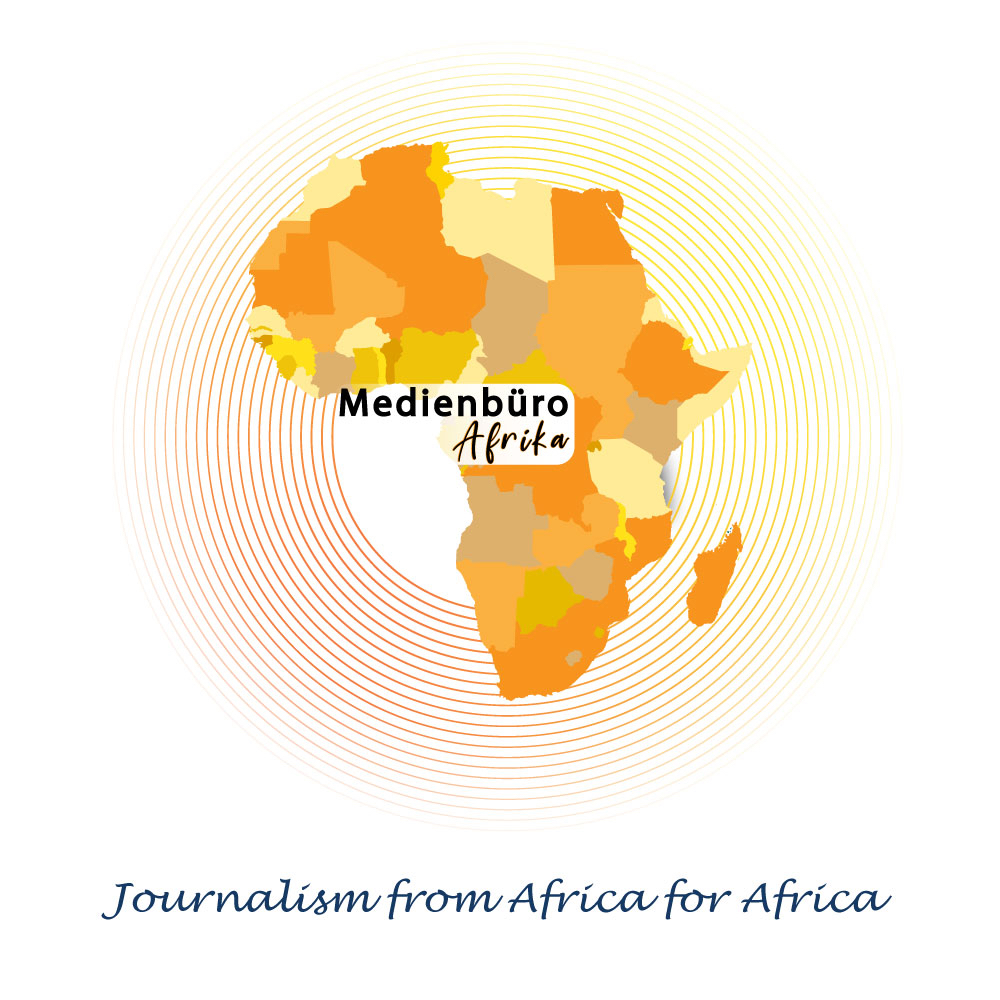1.) Who is Tara Méité?
I am an enthusiastic networker who takes great pleasure in bringing people together. At the interface between German and African actors from the private and public sectors, I have the opportunity to be part of great success stories and contribute to their success with my sector and country-specific expertise.
2.) What are your responsibilities at the Africa Association of German Business?
I am Senior Manager for Francophone West and Central Africa and am therefore the first point of contact for our members with an interest in the Francophone markets of these regions as well as for the digital economy and logistics sectors. Furthermore, I am always in close exchange with the members of our open network indeed Africa! The Young Business Network. Within the framework of indeed Africa! we bring together young managers and start-ups from Germany and African countries and can regularly see how not only innovative business models but also new, sometimes unexpected, partnerships are created.
3.) What is special about Francophone Africa?
At first, many people tend to think of possible challenges, such as cultural and language barriers or smaller markets. Yet francophone West and Central Africa offers special opportunities in economic terms, for example due to the existing economic and monetary unions. Take the example of Benin, Côte d’Ivoire, Togo and Senegal: in these and other countries, you pay with a single currency, the franc CFA, just like in the European Union. Unlike other African currencies, this has a fixed peg to the euro and thus also a stable exchange rate. The Economic Community of West African States ECOWAS, which has twice as many Francophone states as English- and Portuguese-speaking states, is in turn the most active regional economic union on the African continent, promoting, among other things, the freedom of movement of people and goods and the modernisation of regional infrastructure.
4.) What issues are in focus there?
There are many exciting topics. Across countries, it can be said that a reliable energy supply is of central importance. Here, for example, cooperation beyond national borders is taking place within the framework of regional initiatives. The expansion of renewable energies also plays a role in this complex of topics. In addition to the logistics industry, agriculture and the health sector, we can also observe growing interest in chemical products, machinery (such as food processing or packaging machines) and the information and telecommunications sector.
5.) How are people doing at the end of the pandemic?
In addition to the human suffering, the economic impact is felt by many, depending on the country. Interestingly, several francophone countries have shown comparably high resilience during the pandemic. This is an important factor when we look at population groups that depend on their daily work and can hardly build up financial reserves. On the other hand, West and Central African countries have more experience in dealing with epidemics and were thus able to fall back on proven measures to contain the virus at an early stage. Like everywhere else in the world, some things are different in the regions mentioned than they were before the pandemic: for example, digitalisation has been accelerated and unexpectedly new, creative business models have been developed that have changed the everyday lives of many people across sectors.
6.) What are the options for the economy?
The options are basically interesting in many markets in the region. After the pandemic, their rapid growth is expected to continue. Increasing investments are expected and with an increasingly affluent population, which will not only be found in Abidjan and Dakar, the demand for the quality seal “Made in Germany” will also grow.
7.) Does the era of colonialism still have an impact?
Colonialism has of course left its mark in many places. Not only linguistically and culturally, but also structurally and institutionally. It is therefore always helpful to be aware of the historical impact, because it also affects economic activities. In many countries, for example, the biographies, intellectual careers and business networks of local elites are very much shaped by France. This is also expressed in the everyday preferences of consumers, who prefer to drink wine in francophone West Africa, for example, while in East Africa they drink more whisky. However, this connection should not scare off German business representatives, because this is a thoroughly ambivalent relationship.
Thank you for the interview
Interview: Dr. Thomas Isenburg
Contact:
https://www.linkedin.com/in/tara-méité-1b2b17105/




